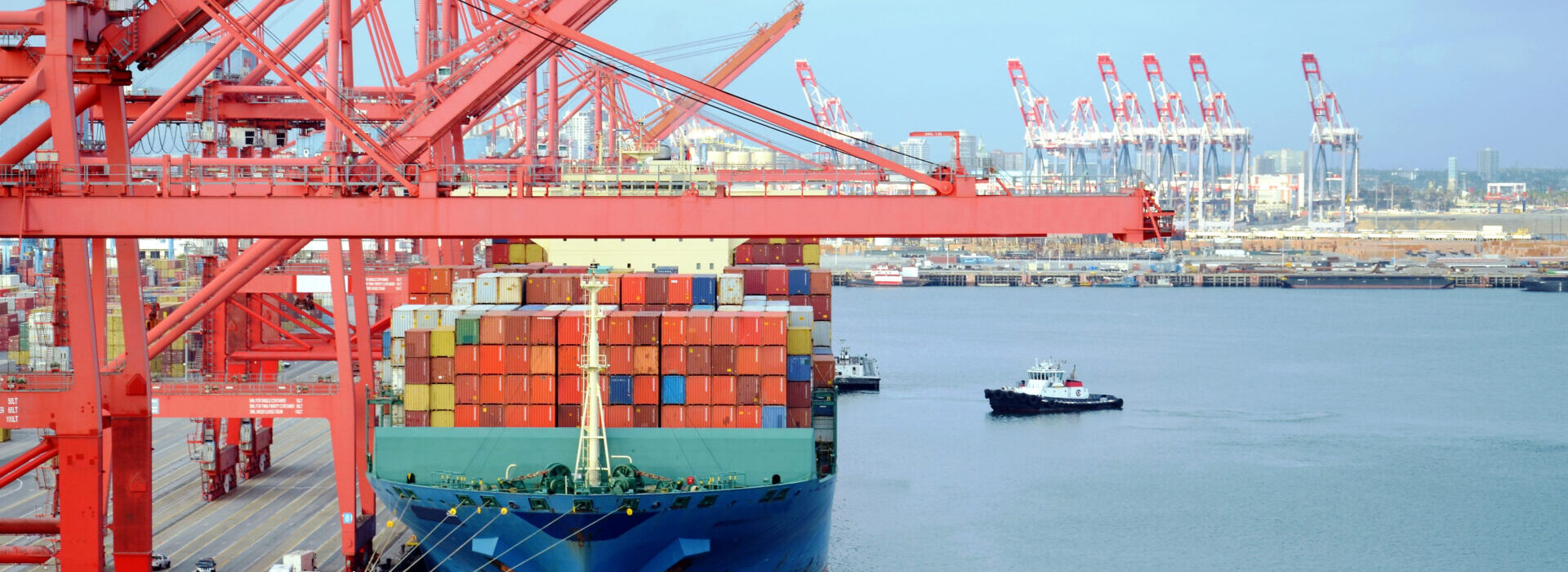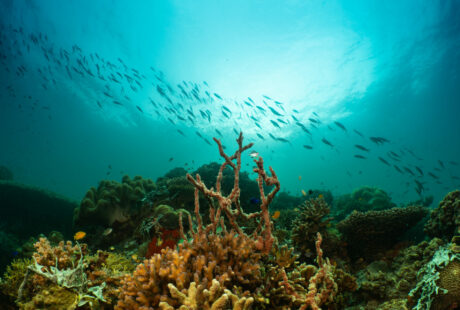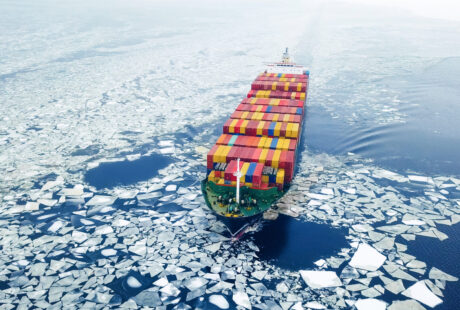As environmental ministers met at the OSPAR Ministerial meeting today, Seas At Risk, a Brussels-based marine organisation, welcomes their decision to ban the discharge of exhaust gas cleaning systems’ (also known as scrubbers) wash water in internal waters and port areas throughout the North-East Atlantic (OSPAR Maritime Area) by July 2027 – a landmark in regional shipping regulation.
In their statement, discharges from open-loop scrubbers, which use seawater to extract sulphur from exhaust gases before discharging the waste along with contaminants including polycyclic aromatic hydrocarbons (PAHs) and heavy metals back into the sea, will be prohibited by July 2027. Discharges from closed-loop scrubbers, which result in lower volumes but more concentrated waste, will be banned by January 2029. This marks the first time a regional regulation on scrubber discharges has been agreed and will address marine pollution waters of OSPAR Member governments, a momentous move that sets precedent for other regional seas.
Sian Prior, Shipping Director, Seas At Risk says, “This is a landmark moment for marine protection, showing that regional cooperation can drive real environmental progress in the maritime sector. Toxic waste water from scrubbers has no place in the ocean. This ban will not only be a boost for marine life, but also for coastal communities that rely on a healthy sea for their livelihoods.”
However, Seas At Risk notes that while a majority of OSPAR states wanted to be more ambitious and ban scrubber discharges throughout the full extent of territorial seas (12 nautical miles), a lack of full consensus meant that this element was not included in the current decision, and it will only be recommended that discharges are banned in territorial seas. A review of the impact for territorial seas of OSPAR Members will take place in the coming year, with a view to reaching a decision by 2027.
Maarten Verdaasdonk, Project Manager, North Sea Foundation says “Turning air pollution into ocean pollution is not an acceptable trade-off. It is vital that all OSPAR Members support the proposal to extend the ban to territorial waters, especially as cleaner, widely available alternatives exist. Such a ban will improve water quality and protect marine life in the coastal areas of the entire North-East Atlantic.”
Seas At Risk and its members will continue to engage with OSPAR governments to support high ambition and timely implementation of this crucial ban for the health of the oceans and its ecosystems.
**ENDS**
Notes to editor:
OSPAR is the mechanism by which 15 Governments and the European Union cooperate to protect the marine environment of the North-East Atlantic.
OSPAR started in 1972 with the Oslo Convention against dumping and was broadened to cover land-based sources of marine pollution and the offshore industry by the Paris Convention of 1974. These two conventions were unified, up-dated and extended by the 1992 OSPAR Convention.
The fifteen Governments are Belgium, Denmark, Finland, France, Germany, Iceland, Ireland, Luxembourg, The Netherlands, Norway, Portugal, Spain, Sweden, Switzerland and United Kingdom.
Open-loop scrubber: Uses seawater to wash exhaust gases and neutralise sulfur oxides (SOx). The waste water is discharged back into the ocean, often containing heavy metals and polycyclic aromatic hydrocarbons (PAHs). The environmental impact is substantial, especially around ports and coastal waters which are frequently already polluted, with cumulative harmful effects on marine life and sensitive marine ecosystems such as corals and shellfish.
Closed-loop scrubber: Uses freshwater mixed with an alkaline solution to scrub the exhaust. The water is recycled within a tank system. The environmental impact is less than an open-loop scrubber but is, nevertheless, problematic due to residual toxic waste and requires proper disposal.
Posted on: 26 June 2025



